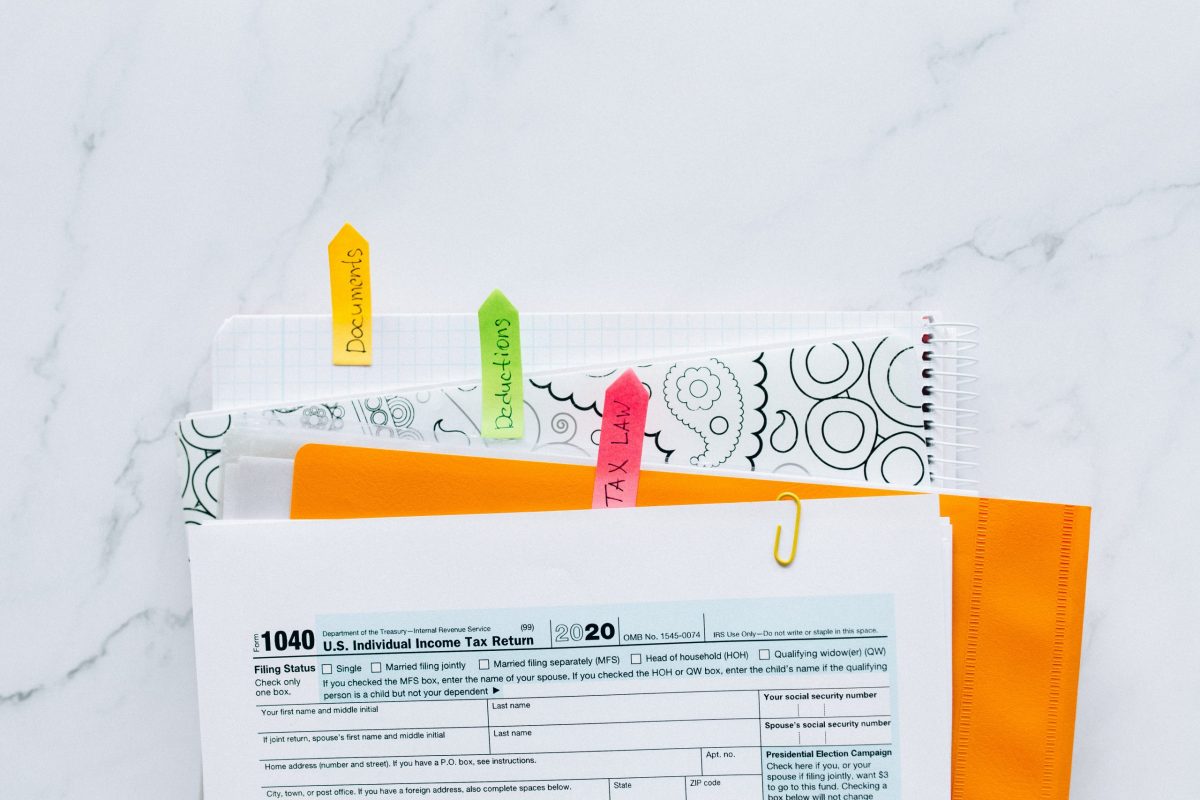At tax time, many taxpayers feel like they’re being ripped off by Uncle Sam. However, IRS is concerned that they might also be victims of those paid to help them: tax preparers. As a result, new rules governing the preparation of tax returns have been in the works for nearly three years with the first phase of the regulations implemented in 2011.
The efforts thus far to get paid tax return preparers to comply with the new rules have had mixed results. As of July 2011, more than 700,000 paid tax return preparers have registered with the IRS and obtained a PTIN. That means that about 1 out of every 8 – or about 12.5% – of the nation’s professional tax return preparers failed to comply with new regulations for 2011.
And those that have registered may not be as professional as you would think. An audit on PTIN applications by TIGTA, the Treasury Inspector General for Tax Administration, offered some surprising results. The audit revealed, among other concerns, that 962 PTIN applicants who have been in jail on felony convictions within the last 10 years received active or provisional PTINs. Of those, a whopping 77% (745 applicants) had not disclosed the felony conviction on their application.
About a third of those felons granted active or provisional PTIN holders were actually in prison when they received their PTINs.
And it gets better: 43 of the applicants who received active/provisional PTINs are serving life sentences. None of them disclosed their felony convictions on their application.
Would it have made a difference? Probably not. Current regulations do not prohibit prisoners from registering and obtaining PTINs.
Feel safer now?
I haven’t been a huge fan of the regs for the same reason that I think ethics classes for lawyers are silly: those folks who are inclined to cheat are going to cheat no matter the rules and the rest of us shouldn’t have to pay for their sins. Nonetheless, the IRS is soldiering on with preparer fees, exams, and continuing education requirements.
If it makes you feel better, the IRS has decided that (*cough*) prisoners will not be issued PTINs and those who were issued PTINs will have them suspended (*cough again*). As of the report, however, the IRS doesn’t have a fix and is, instead, actively working on solutions. In addition, the IRS plans to match PTIN applicants to the list of individuals who have IRS Criminal Investigation convictions and individuals permanently enjoined from preparing tax returns.
Yeah. I’m pretty amazed that they weren’t doing it to begin with, too.
The IRS has struggled with how to deal with taxpayer privacy issues and scams involving prisoners for years. Prisoners are cheating the IRS out of millions every year: Sen. Sherrod Brown (D-OH) puts the amount of improperly generated refunds at $124 million, though the IRS believes it is likely more than twice that amount. And it’s getting worse, not better: the number of fraudulent prison returns has tripled in the last five years.
Clearly, those most to blame are those prisoners who, despite being in prison, apparently can’t stop breaking the law. But I would also suggest that if the IRS focused efforts on, say, chasing those that they know are a risk rather than blanketing tax professionals, the result for tax professionals and taxpayers would be better.
For more on what TIGTA found in its audit on tax preparer compliance with the new regs, you can read the December 2011 TIGTA report here (downloads as a pdf).



